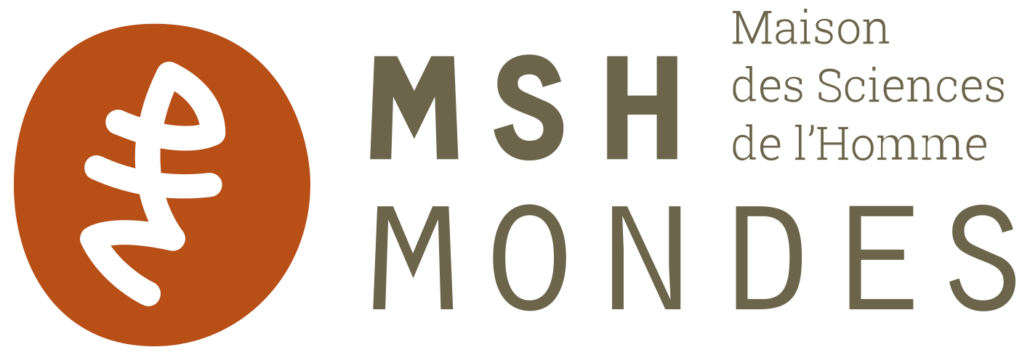| Current library | Call number | Status | Date due | Barcode |
|---|---|---|---|---|
| Besançon : ISTA - Institut des Sciences et Techniques de l'Antiquité Libre accès | Per 23-61.2 (Browse shelf(Opens below)) | Available |
Notes bibliogr. en bas de page.
Symmachus opened his first book of letters by writing to his father Avianius, whom he depicted as a ‘new Varro’ writing learned epigrams on seven famous men in imitation of Varro's lost work, the Hebdomades. Symmachus was not alone in using Varro's work as an intertext. Based on my study of allusions to Varro and his works by late‐fourth and fifth‐century writers, I argue that Christian polemicists renewed their attacks on the Augustan scholar in the last decades of the fourth century. Consequently, Symmachus' choice of Varro was a forceful response in support of Roman religious as well as literary traditions in the late 380s or early 390s, the period in which I would date the dissemination of the first book of Symmachus' letters and the conceptualization of his seven‐book letter collection.








There are no comments on this title.